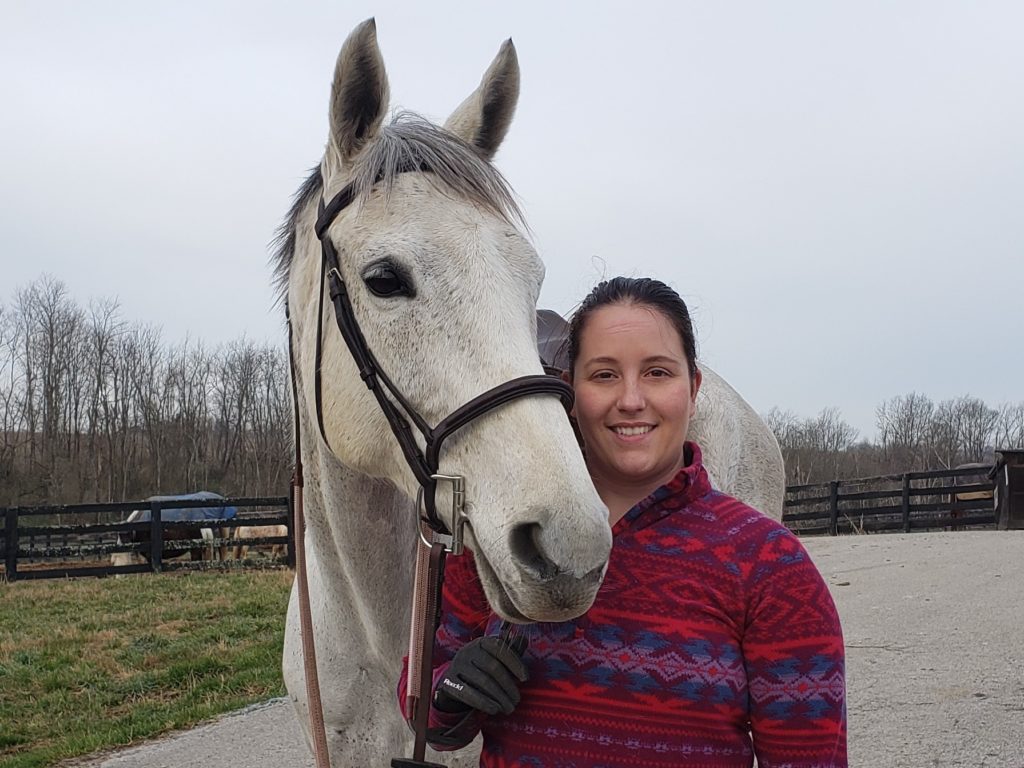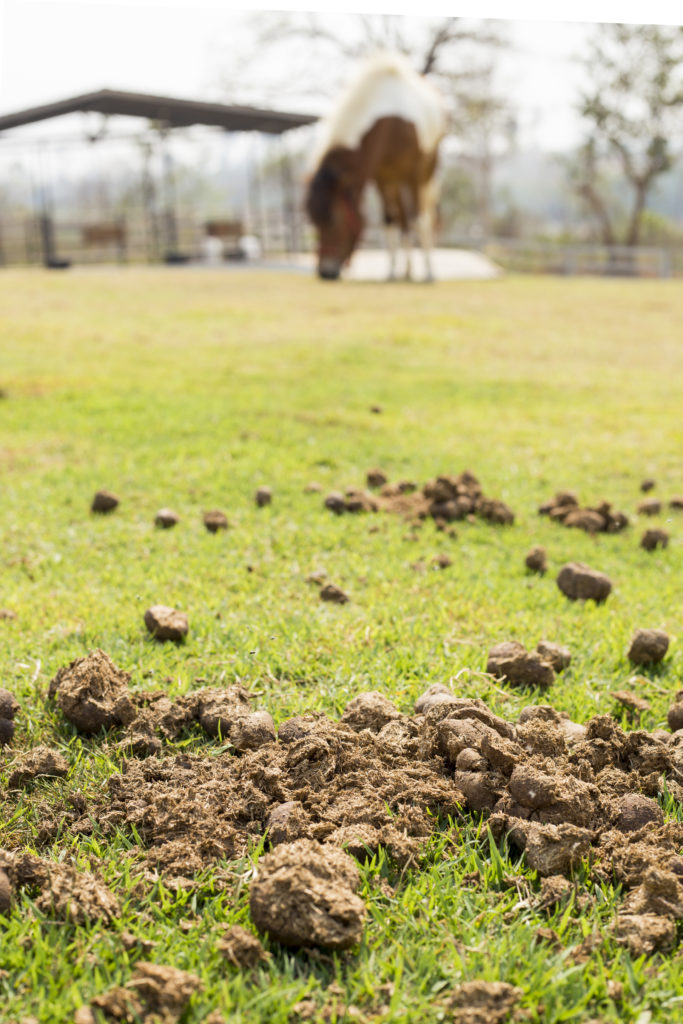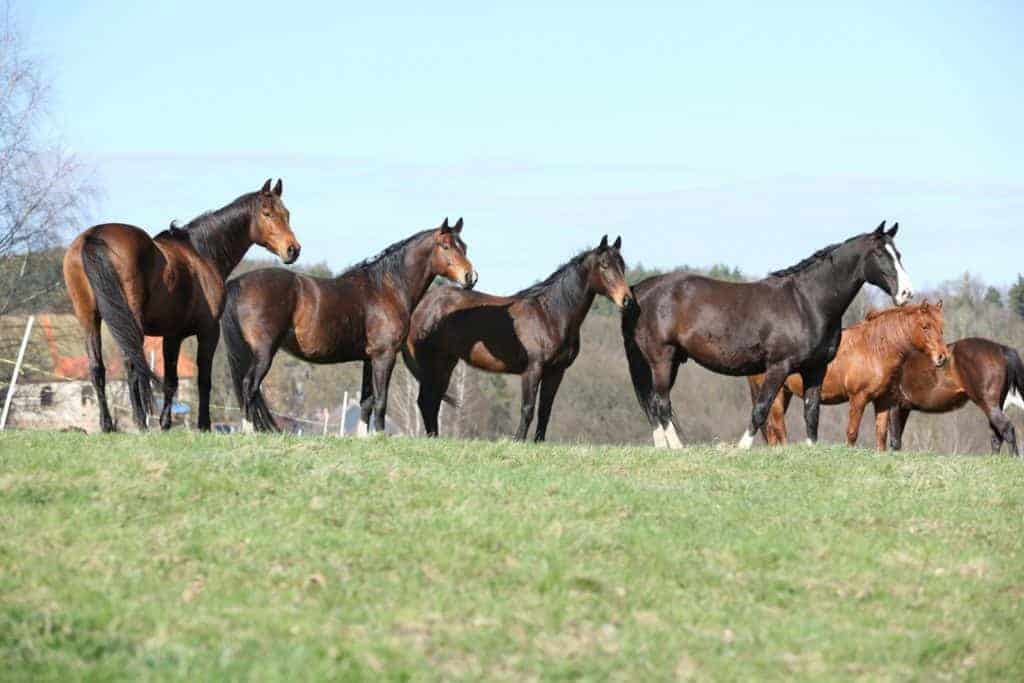


Find out how to keep your middle-aged horse’s teeth, feet, joints, and more healthy.

While some types of diarrhea in horses present little to worry about if watched carefully, others can be life-threatening. Read more about this condition’s causes, diagnosis, and treatment.

The horse parasite control guidelines, first published in 2013, have been revised and updated to reflect recent research findings.

Transition to targeted deworming without a hitch with these free resources.

Many factors affect your horse’s ability to mount an effective immune response, one of which is his age. Learn more about the horse’s immune system and how it functions at every stage of his life.

Researchers now have a model that allows them to evaluate all possible parasite control strategies.

Jennifer Cain’s current research focuses on characterizing the microbiome of the equine roundworm.

Could adding a supplement to your horses’ feed reduce the worm burden on your pasture? Researchers recently tested an Australian product designed to do just that—and with positive results.

Find answers to questions about equine infectious anemia, Potomac horse fever, parasites, and more.

Learn why this deworming technique doesn’t have an antiparasitic effect in horses.

Periocular habronemiasis appears as granulous lesions around the eye as a result of parasite infestations. While it was once more common in tropical and subtropical climates, veterinarians have begun diagnosing it in regions as far north as Europe and the United States.

Listen to audio features on equine metabolic issues, colic, hoof abscesses, parasite control, navicular syndrome, and more.

Findings from a recent study could afford a better understanding of how parasites choose their hosts within a herd and lead to the identification of biomarkers that could help pinpoint which horses are more likely to be wormy, researchers said.

The University of Kentucky Ag Equine Programs will host its 8th Annual UK Equine Showcase in conjunction with an Equine Vet Continuing Education session (formerly known as the Kentucky Breeders’ Short Course) Jan. 25-26, 2019.

This move comes as a result of the FDA’s work with veterinary parasitology experts and the animal health community to find ways to maintain these drugs’ effectiveness in the face of antiparasitic resistance.
Stay on top of the most recent Horse Health news with
"*" indicates required fields